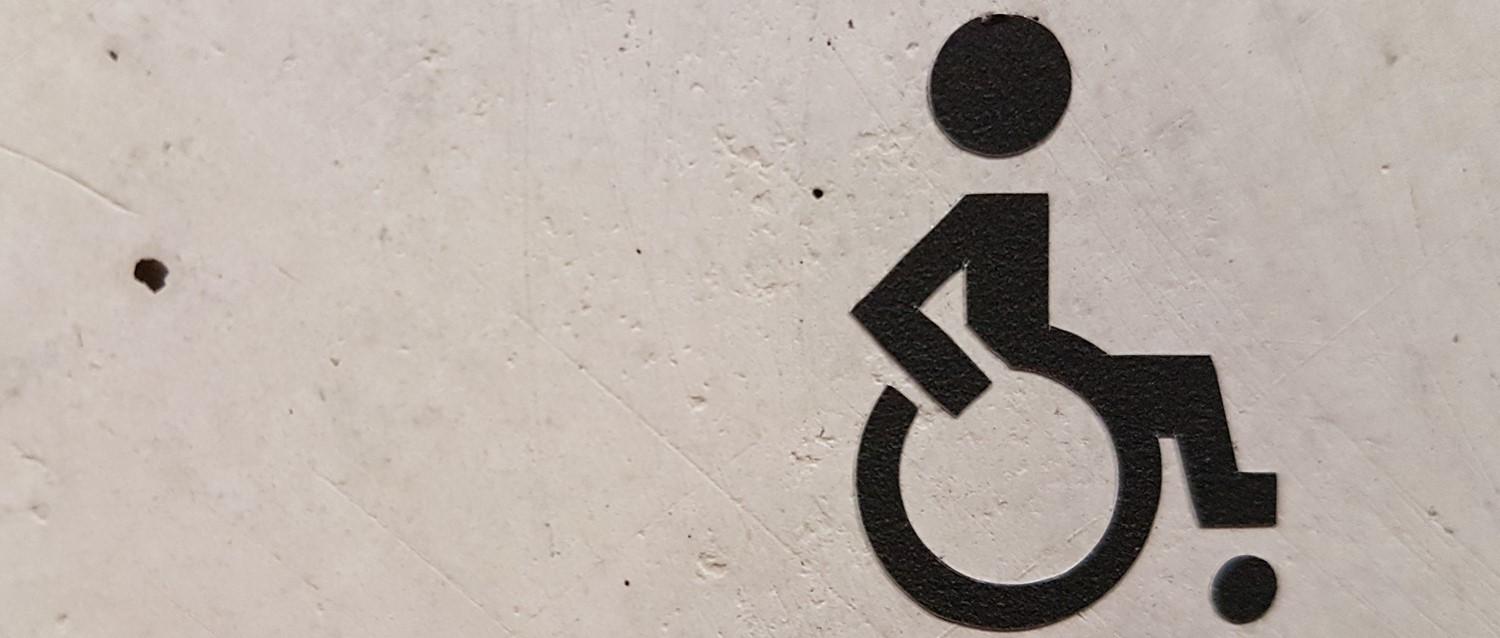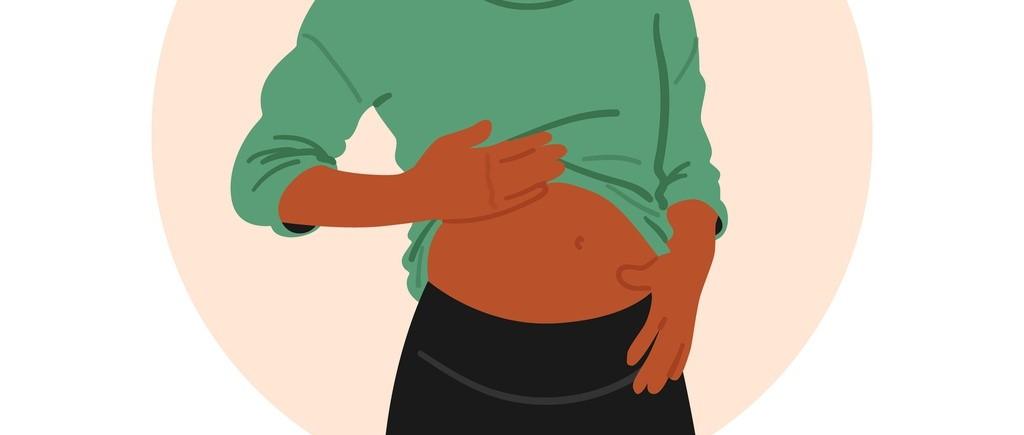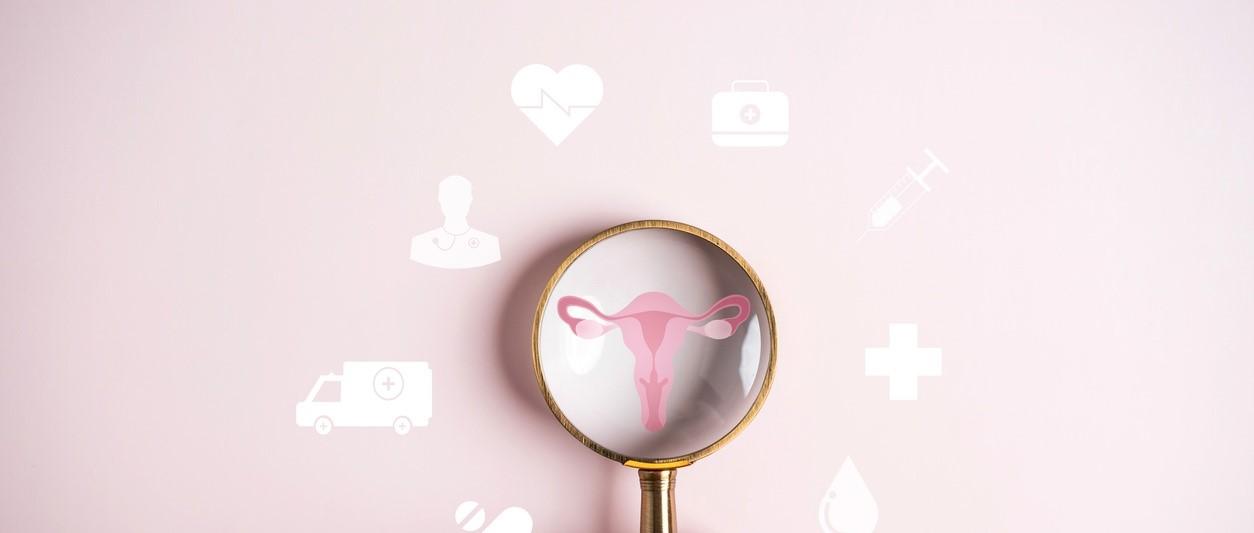
Women with physical disabilities denied access to smear tests
Peer reviewed by Natalie HealeyLast updated by Milly EvansLast updated 8 Aug 2019
Meets Patient’s editorial guidelines
- DownloadDownload
- Share
- Language
- Discussion
Two thirds of women who have a physical disability have been unable to attend a cervical screening.
In this article:
New research, by cervical cancer charity Jo’s Cervical Cancer Trust, has found that women with physical disabilities are facing barriers to accessing life-saving cervical screening.
Their survey of 335 women living with physical disabilities found that 63% had been unable to attend a screening due to their disability and half did not attend due to a previous bad experience or fears about how health professionals might react.
The respondents had a wide range of physical disabilities and conditions including spinal muscular atrophy, Ehlers-Danlos syndrome, paraplegia, myalgic encephalomyelitis and cerebral palsy.
Continue reading below
Barriers to screening
Cervical screening is a routine procedure offered to anyone with a cervix from the age of 25. It is used to detect early abnormalities which could develop into cervical cancer if left untreated. The screening programme is estimated to save more than 4,000 lives every year. In the UK there are 13.9 million people with a disability, 56% of whom are women.
88% of those surveyed feel that it is harder for women with a disability to attend a cervical screening. Physical barriers included not even being able to get into the surgery as only 63% said their GP surgery provides wheelchair access and others said that there was no disabled parking available. Many women with physical disabilities are unable to get on to the examination table - only 1% said that their GP surgery provides a hoist whilst 23% said that they need one to get on to the examination bed.
Fi, 30, has never had a cervical screening as, despite her GP being aware that she has muscular dystrophy and access issues due to her disability, a hoist was not made available as it would "take too long and there would be too much paperwork". She was even told that she could be taking a hoist away from someone who needed it more.
"After protesting, my GP said that cervical cancer is a rare cancer and he could take me off the list for routine cervical screening. I was shocked. This has made me wonder if women without a disability would be told they could be taken off the register simply because it was too difficult to arrange screening for them," she said. "I feel so angry and let down and it makes me wonder how many other women have been in a similar situation. It's as if women with disabilities in modern-day Britain simply don't matter."
More than half (55%) of the respondents said that having a home visit would make having a cervical screening easier. 22% said that they were unable to leave their house because of their disability but their doctor did not offer home visits. 40% said that longer or double appointments would improve the experience as they would feel less pressured for time and would be able to explain their condition and how to make the process easier.
"My needs were forgotten"
Having previously had regular home visit cervical screenings, Kerry was then unable to have one for ten years, despite having previously found abnormal cervical cells, as the rooms at her new GP practice would not fit her wheelchair and home visits were not made available. It eventually resulted in her needing to have a range of tests, including a biopsy, done in hospital, as it had been so long between visits that doctors feared that the cells may have developed into something more serious.
"I was placed in a high-dependency ward as the general anaesthetic could have negative effects on me due to my muscular dystrophy. Thankfully, my results came back clear and I'm now recovering from this operation. Although I'm relieved that I've finally managed to access this test, I'm frustrated that I wasn’t given the option to have this done ten years ago and that the urgency of my situation was overlooked because they refused to offer me a home visit or make alternative arrangements for me. I felt like my needs had been forgotten and that I simply fell under the radar."
In some cases, women are being told that it is too difficult to arrange screening for them and are asked to sign a waiver stating that they do not want to be screened. In the words of one respondent: "I am unable to leave my bed. I have been denied cervical screening since 1994. I have been repeatedly asked to sign a waiver saying that I do not wish to receive cervical screening. I have not signed a waiver because I would like to receive cervical screening."
Stigma around disability is also impacting women’s access to cervical screening. As 99.7% of cases of cervical cancer are caused by the HPV virus, which is passed on through sex and contracted by 80% of sexually active adults at some point, some women find themselves caught up in the misconception that people with disabilities do not have sex. 20% of respondents said that it had been assumed that they are not sexually active because of their physical disability, and therefore not at risk of HPV. One woman was told by her doctor that it was "obvious in your physical condition you are not sexually active".
The report highlights a massive gap in knowledge and understanding towards people who have disabilities. 38% of respondents said that the healthcare professional doesn’t understand their needs or take them seriously and 76% agreed that having a doctor or nurse who understands their disability would make cervical screening easier for them. This can be a particular issue when the lack of understanding results in pain for the patient, as for one respondent: "My disabilities are all invisible. My GP and the nurses are brilliant but as they can't see what's wrong with me, they struggle to understand how much pain I experience. I suffer from allodynia, so even a gentle touch can feel disproportionately painful."
Continue reading below
What should be done?
As a result of the report, Jo's Trust created a list of recommendations to those in the health service in order to improve the care received by disabled women trying to access cervical screening. They call for national support to address cervical screening inequity and regulation of access by the Care Quality Commission. They would like to see a review of policy and training in each GP practice and changes to be made to improve the experiences of women with disabilities. Further research into the most effective way of providing cervical screening to women with disabilities is necessary, as is the idea of at-home self-sampling, they say.
"I am shocked by the inequality that exists in accessing cervical screening across the UK. It is not acceptable that women with a physical disability are often faced with additional hurdles or even being denied access to this potentially lifesaving test. It is worrying to see the level of stigma that exists regarding sex and disability and this must change," said Robert Music, chief executive of Jo's Cervical Cancer Trust. "There is a duty on service providers to make reasonable adjustments so that people with disabilities are not disadvantaged compared to people without disabilities, yet the charity has found women with physical disabilities are sometimes being prevented from accessing basic healthcare."
The findings were published in a report on the Jo's Cervical Cancer Trust website.
Patient picks for Gynaecological cancer

Cancer
Do you know the early signs of ovarian cancer?
Just one in five women realise bloating is a symptom of ovarian cancer. Early diagnosis makes the disease easier to treat, so it's important to be aware of the signs.
by Amberley Davis

Cancer
What affects your chances of surviving cervical cancer?
Despite the strong preventative measures in place, 3,200 cases of cervical cancer are diagnosed every year in the UK. And according to Cancer Research UK, more than 50% of those diagnosed survive for 10 years or more. Here we look at what can affect cervical cancer survival rates.
by Gillian Harvey
Continue reading below
Article history
The information on this page is peer reviewed by qualified clinicians.
8 Aug 2019 | Latest version

Ask, share, connect.
Browse discussions, ask questions, and share experiences across hundreds of health topics.

Feeling unwell?
Assess your symptoms online for free
Sign up to the Patient newsletter
Your weekly dose of clear, trustworthy health advice - written to help you feel informed, confident and in control.
By subscribing you accept our Privacy Policy. You can unsubscribe at any time. We never sell your data.